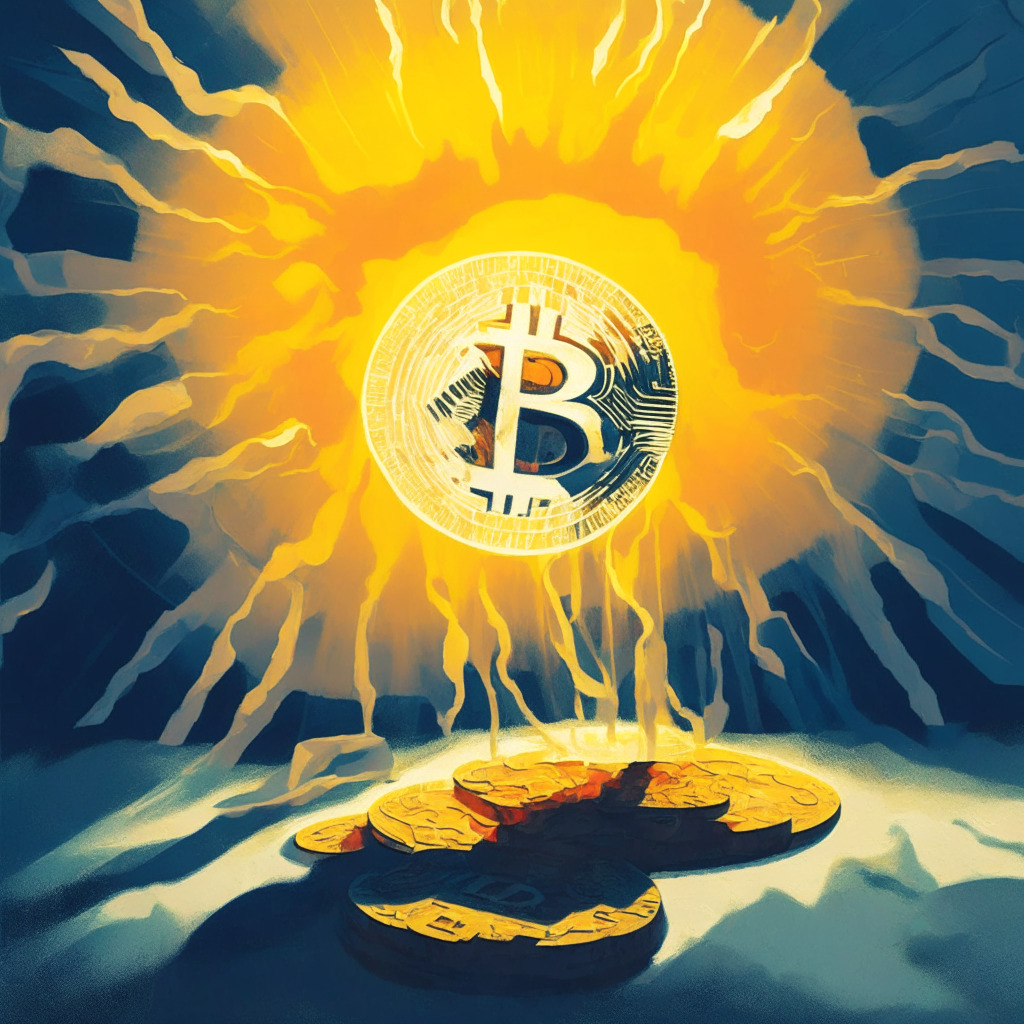The realm of cryptocurrency regulation could be starting to see tangible change, all thanks to a recent victory in court for Ripple, according to Commodities Futures Trading Commission (CFTC) Commissioner Caroline Pham. Made during an interview with Bloomberg TV, Pham expressed her optimism for an upcoming era of regulatory clarity sparked by key court decisions on digital assets classification.
Pham states that cryptocurrency regulation debates were likely to be resolved in courtrooms, particularly focusing on the definition of a security. The most recent success of Ripple in partially winning its legal dispute with the Securities and Exchange Commission (SEC) stands out as a prime example of this, and often touted as a critical decision for the future of cryptocurrency regulation.
The Ripple lawsuit has been an ongoing saga in which the SEC accused the San Francisco-based fintech of selling unregistered securities. However, on July 14, Judge Analisa Torres of the Southern District of New York ruled that Ripple’s currency, XRP, did not qualify as a security when sold to retail investors on digital asset exchanges. On the other hand, the SEC and its chair, Gary Gensler, were not thrilled with the ruling, with Gensler terming it a disappointment.
Despite the setback, Gensler reaffirms that his agency remains unflinching in their pursuit of implementing regulation. In his view, digital assets, excluding Bitcoin, should be classified as securities. This standoff is a stark reflection of the ongoing tension between regulators and the crypto world, hinting at the challenges in achieving a consensus in such a fast-evolving technological space.
As this saga continues, Pham is turning her gaze towards the opportunities to modernize financial markets with real-world asset (RWA) tokenization. With its quick climb, RWAs have drawn an influx of traditional finance companies into the fray, creating a noteworthy trend in the ever-evolving world of blockchain finance. Pham perceives these developments as “real opportunities” to innovate and redefine the financial sector through blockchain.
In essence, definitions and classifications surrounding digital assets are proving to be a complex process, especially when one considers the fast-paced nature of technological advancements. Nonetheless, recent court decisions are generating a momentum shift, which may usher in a season of greater regulatory clarity. Despite the divergence in views from different regulators, a united front may be the key to unlocking a holistic approach to cryptocurrency regulation. Time will tell if this joined thinking materializes, and if it does, just what kind of impact it will have on the future of blockchain technology.
Source: Cointelegraph




